Comparing homeowner loans and personal loans

In personal finance, understanding the nuances between different loan types is crucial. Today, I’ll delve into the distinctions between homeowner and personal loans, highlighting their advantages and disadvantages to aid you in making a well-informed decision.
Homeowner loans: secured and substantial
Homeowner loans, or secured loans, are tied to your property. They often allow for more significant borrowing amounts and longer repayment terms, given the security provided to lenders.
Pros:
- Higher Loan Amounts: Leveraging your property’s equity can unlock substantial funds, often more than what’s available with personal loans.
- Lower Interest Rates: The collateral security typically results in lower interest rates, making the loan more cost-effective over time.
- Longer Repayment Periods: You can spread the cost over many years, potentially easing the monthly financial burden.
Cons:
- Risk to Property: The most significant downside is the risk of losing your home if you fail to meet repayments.
- Equity Requirement: You need sufficient equity in your property to qualify, which might not be feasible for recent homeowners.
- Longer Debt Commitment: Extensive loan terms mean you’ll be in debt longer, which requires careful financial planning.
Personal loans: unsecured and flexible
Personal loans are unsecured, meaning they don’t require collateral. They’re typically sought for smaller, short-term financial needs.
Pros:
- No Collateral Needed: The absence of property risk is a significant relief for borrowers who prefer not to leverage their homes.
- Quick Processing: With less paperwork and no need for property valuation, personal loans are often processed faster.
- Flexibility: You can use the loan for various purposes, from consolidating debt to funding a wedding or vacation.
Cons:
- Higher Interest Rates: Lacking collateral, personal loans usually come with higher interest rates compared to homeowner loans.
- Lower Borrowing Limits: The amount you can borrow is generally less, limited by your creditworthiness and income.
- Shorter Repayment Terms: You’ll need to repay the loan quicker, which can mean higher monthly payments.
Ready to apply for a homeowner loan?
Making the right choice
When deciding between a homeowner loan and a personal loan, consider your financial situation, the purpose of the loan, and your comfort level with the associated risks. Here are some takeaways to guide your decision:
- Assess Your Financial Stability: Ensure you have a stable income and a solid repayment plan, regardless of the loan type.
- Purpose Matters: A homeowner loan might be more suitable for large, long-term investments like home renovations. A personal loan could be the way to go for smaller, short-term expenses.
- Risk Tolerance: If the thought of potentially losing your home is unsettling, a personal loan’s unsecured nature might be more appealing.
In conclusion, homeowner and personal loans have their place in financial planning. By understanding the key differences and considering your unique financial landscape, you can choose the loan type that best aligns with your needs and goals.
